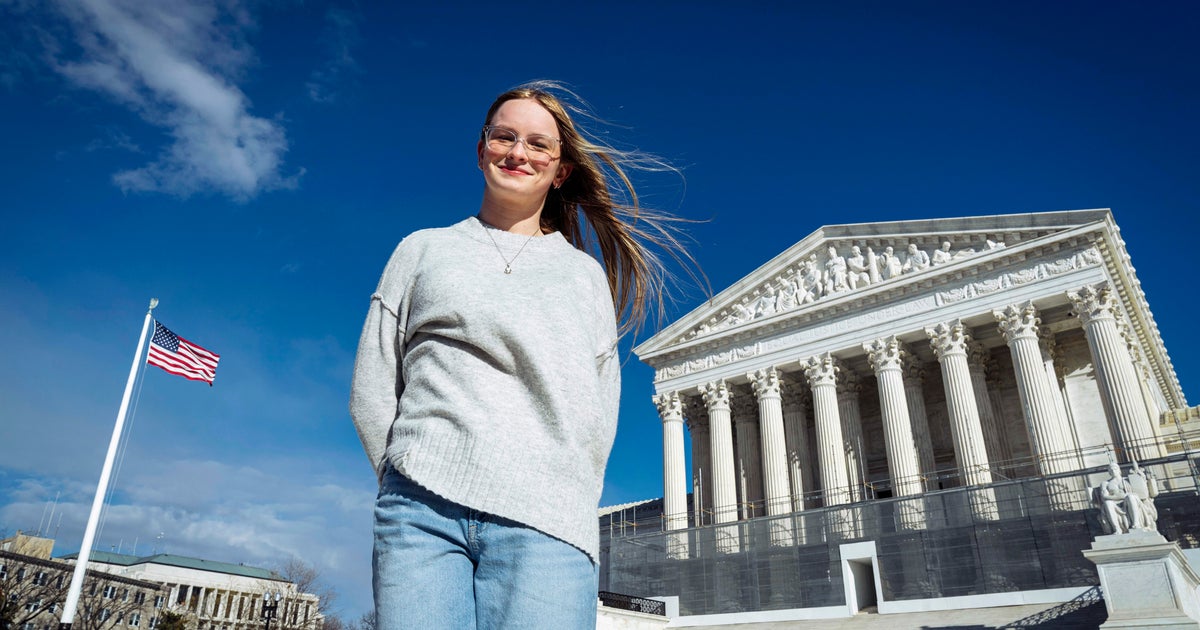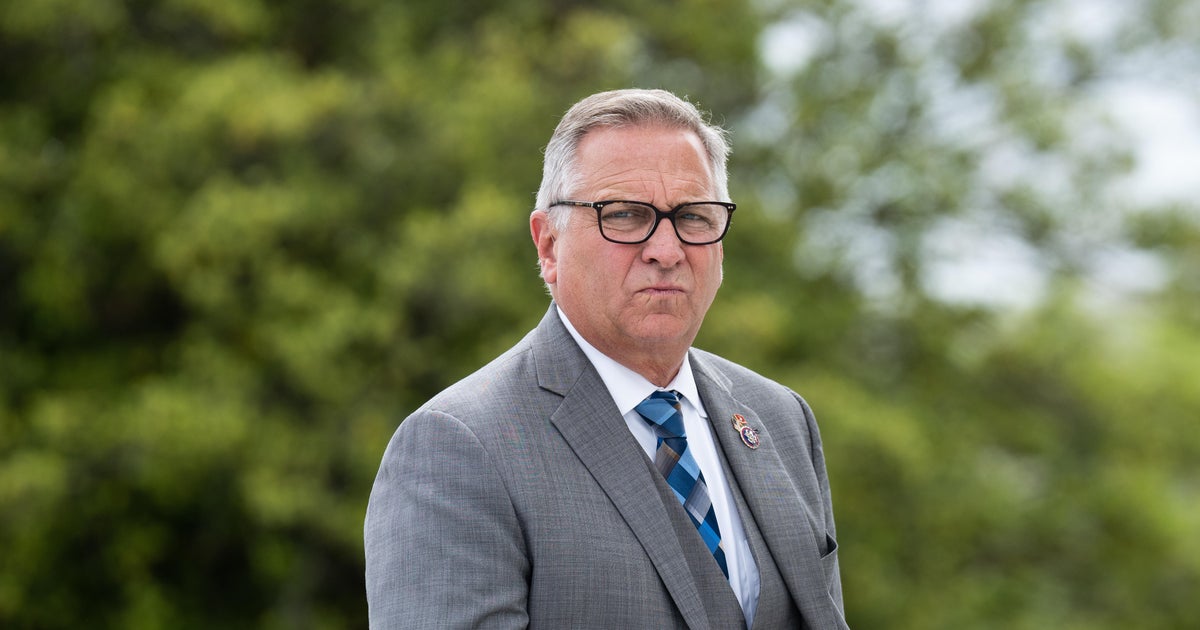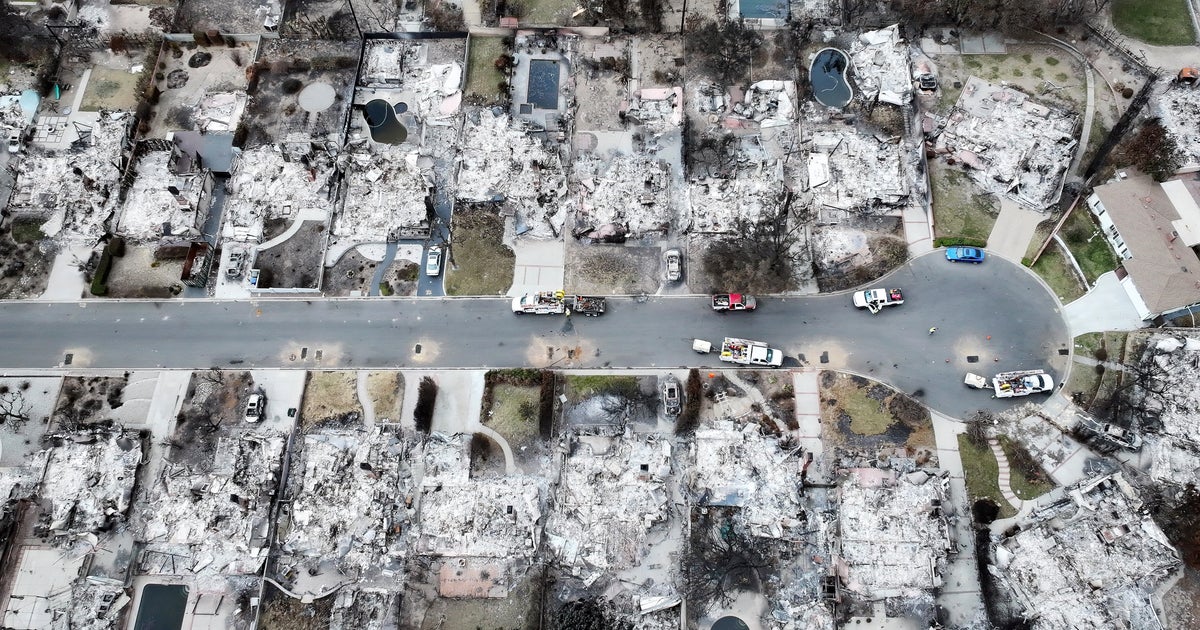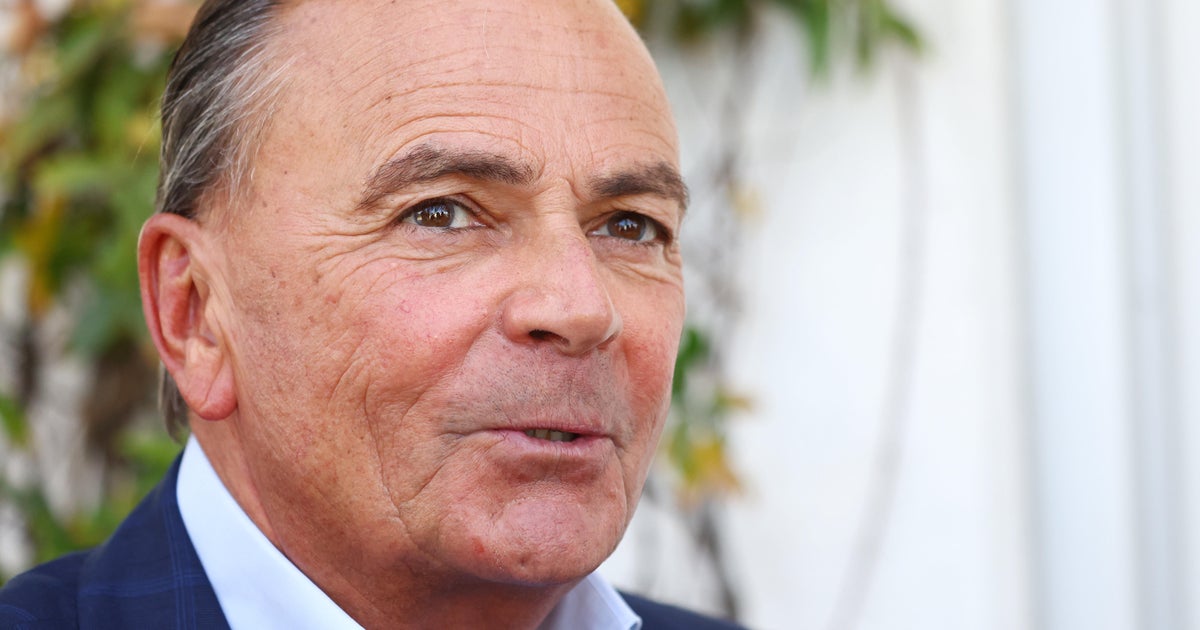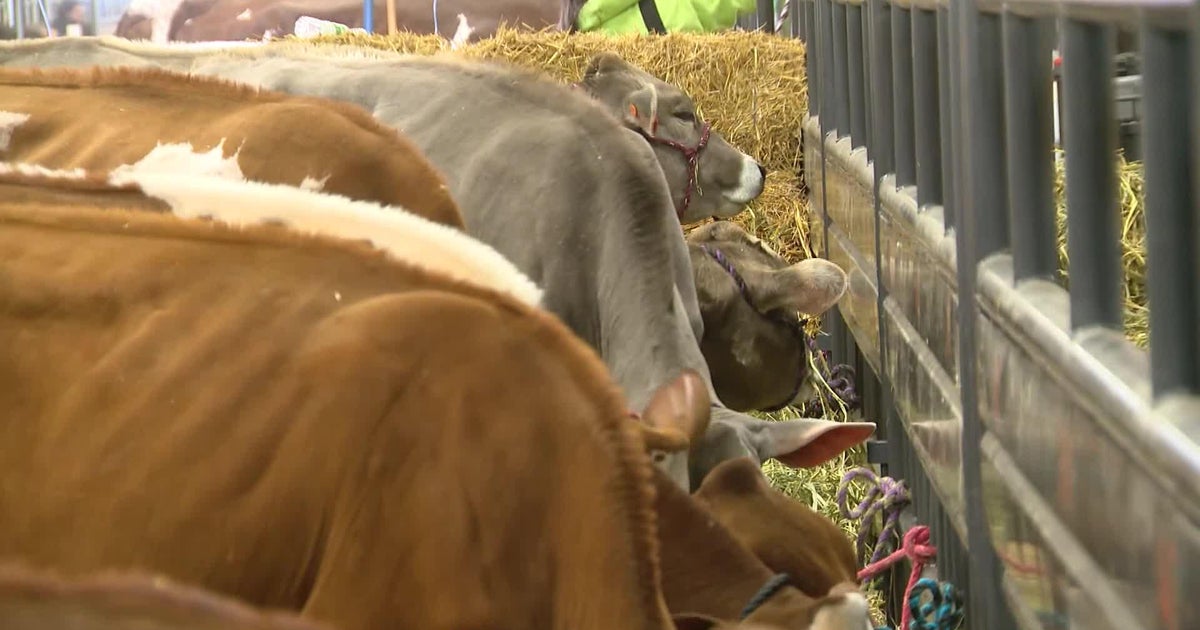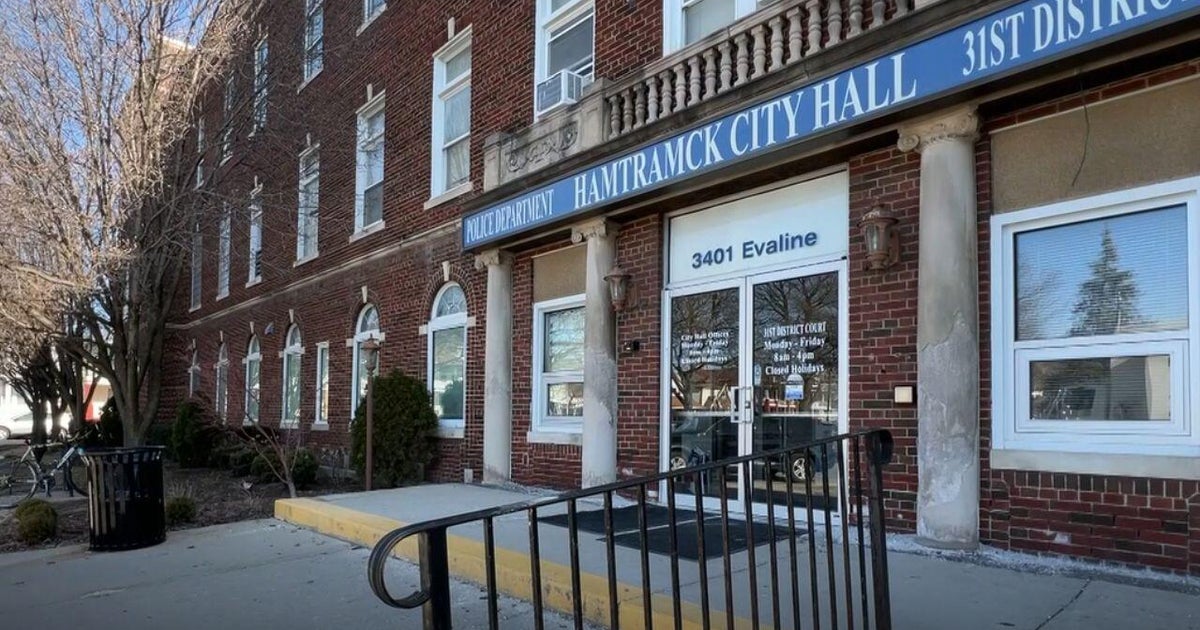Supreme Court Ruling On Gay Marriage: 5 Things To Know Before The Announcement
(CBS SF) -- The future of gay marriage depends on a U.S. Supreme Court decision expected Friday or more likely Monday, and as the nation's lesbian, gay, bisexual, transgender (LGBT) community and opposing conservatives anxiously await the ruling, there are 5 things everyone might want to know beforehand.
1. The court is deciding TWO things:
• Whether states can ban or not allow gay marriage as 13 states currently do
• Whether states must recognize gay marriages conducted in other states
2. If the court upholds bans on gay marriage, but also rules that states have to recognize marriages conducted in another state, it creates a confusing and challenging legal situation where a gay couple could have all the benefits of married couples even if their state bans gay marriage. They would just have to get married elsewhere.
3. If the court allows state bans, California's gay marriage ban would not be restored because the legal debate over it already ended. The U.S. Supreme Court let stand a lower federal court ruling that declared it unconstitutional, because those who tried to appeal it didn't have legal standing to call for the enforcement of a ban. The state's governor or attorney general could have appealed, but chose not to.
4. There's no appealing of a Supreme Court ruling, however there is always one option that can change the effects of a decision. Congress has historically passed laws to render a Supreme Court decision irrelevant, and the law can stand until someone brings the case back to the court.
5. The big symbolic question is will a decision come Friday, in time for massive Gay Pride celebrations in San Francisco, and in New York's massive LGBT pride parade, or would the justices wait till after the celebrations are over on Sunday, June 28th? Read what you will into whether or not the decision comes down tomorrow. Either way, you'll know immediately, usually around 7 a.m. Pacific time, what the court decided. If there's no decision by then, expect one on Monday at 7 a.m. or even later next week.
6. And, a bonus 6th thing to know... #SCOTUS (pronounced skoh-tuss) is "Supreme Court of the United States," when you see the hashtag on Twitter. Similar to POTUS, or the far less popular hashtag, VPOTUS. If you're on Twitter or watched The West Wing and House of Cards, you already knew this. If you are 12 years old and get your news from Snapchat, it may be useful.
Now, the full background (extra credit) if you really want to be informed on the decision.
The justices have been deliberating since April on a federal appeals court ruling in Cincinnati that upheld bans on same-sex unions in Kentucky, Michigan, Ohio and Tennessee, four of the 13 remaining states that allow only heterosexual marriage. That ruling reversed pro-gay rights rulings of federal judges in all four states.
The challenge to the appellate ruling was brought by 32 plaintiffs in six separate lawsuits.
Both sides presented oral arguments before the nine justices on April 25, in a hearing that lasted about 2½ hours. Passionate supporters and opponents of same-sex marriage rallied outside, just steps away from the Supreme Court Plaza, some carrying banners, bullhorns, others in costumes.
Only a few hundred observers were allowed inside to hear oral arguments from lawyers including gay and lesbian marriage advocate Mary Bonauto and former Assistant to the Solicitor General Douglas Hallward-Driemeier representing gay and lesbian plaintiffs. Former Michigan Solicitor General John Bursch argued on behalf of several states on the opposing side, along with U.S. Solicitor General Donald Verrilli representing the federal government.
Opponents argued marriage is a fundamental right regardless of gender, and the 14th Amendment, originally written in to give 'due process' and 'equal protection' to enslaved African-Americans after the Civil War, also gives gays and lesbians equal marriage rights.
Supporters of the appellate ruling submitted briefs on behalf of dozens of religious groups and Republican lawmakers including Majority Leader Mitch McConnell and Ted Cruz of Texas. They argued the bans are a matter of states' rights and were not put in place out of animosity toward gays and lesbians.
